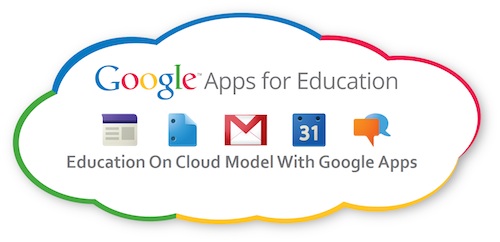Google is making changes to its email scanning algorithms. The first step is to not scan any education email accounts i.e email accounts with a .edu extension. Google does its email scanning to better target ads towards the users of its services and show ads via its adsense network when a user is browsing the internet. With the scanning being turned off, many privacy concerns of education institutions and those of students are resolved.
Google Apps for Education is a free service used by more than 30 million students, teachers and administrators worldwide. It offers Gmail email accounts, calendars, cloud storage and document creation. Google started offering this service in 2006. Google did not show any ads within the apps themselves. However, the company continued to scan the contents of students’ Gmail accounts, gathering information that could potentially have been used to target ads to those students on the internet. It is unclear that whether Google can still parse through the text of emails to catch spam email, or will the users of Google Apps for Education will have to sort through the spam manually.

This news has come just days after Microsoft has announced an ad-free version of its search engine Bing for schools. Microsoft has a history of targeting Google with ads that criticize its methods of email scanning to better target ads. In recent history, Microsoft launched full-page ads in newspapers where it explained the data mining methods search giant Google used for making its advertising relevant. With both these giants throwing fists at each other users are gaining better privacy towards their data. Google will discuss these changes in more details on May 1 through a live Hangout on Air on our Google for Education G+ page at at 9 am Pacific Time (9:30 PM IST).
Disclosure: We might earn commission from qualifying purchases. The commission help keep the rest of my content free, so thank you!



